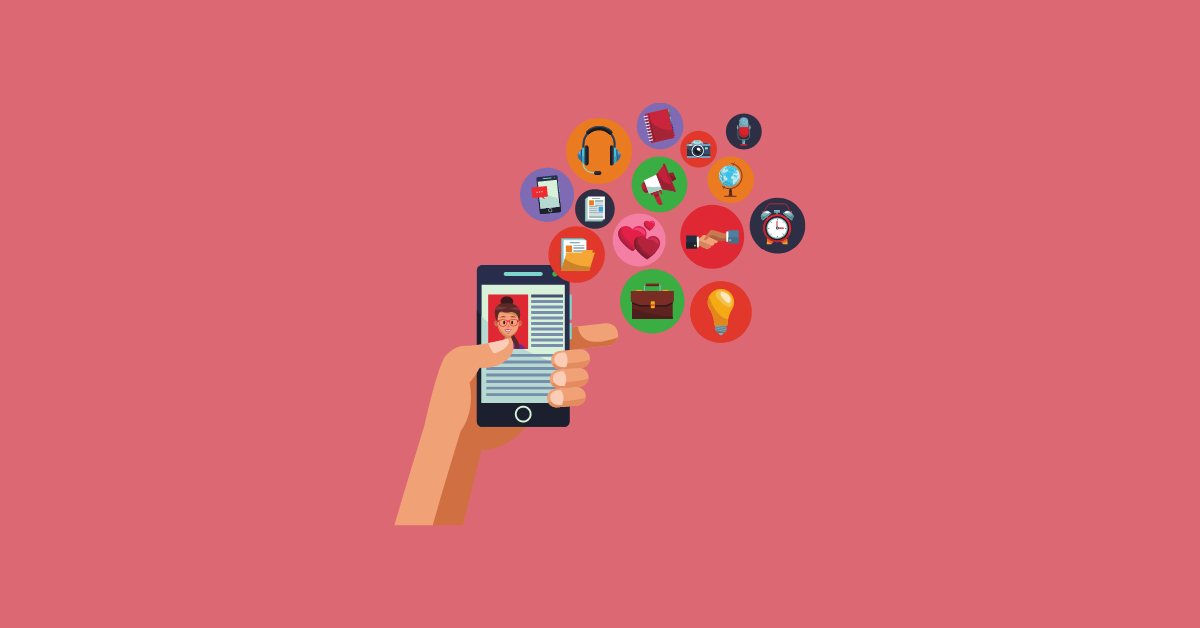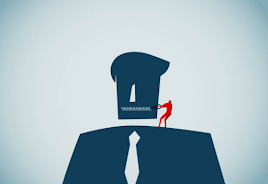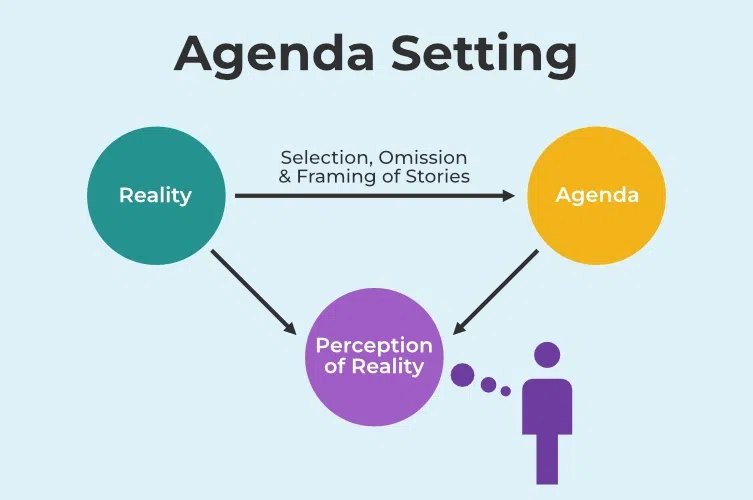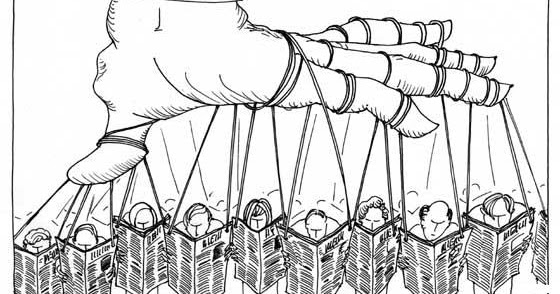My personal digital footprint is something that is on my mind a lot. I wouldn’t say I have a large online footprint but I do have multiple social media accounts. I do not have a personal website but I do have Instagram, Snapchat, Facebook, TikTok, and Linkedin. None of these sites are linked to anything of mine to my knowledge. Mostly what I put on them are just pictures of things I am doing. The only more private information that is accessible from my social media would be my full name, not including middle, where I am from, but not my direct address, and the college I go to. Also, Linkedin has my email address but it is more of a professional site that I use for internship and job opportunities. I believe personally I do a good job at keeping my information private and do a good job at controlling my digital footprint. The idea of a digital footprint in today’s digital age is a concern, especially in today’s youth. In the article “I’m 14, and I Quit Social Media”, a young girl explains her concerns that came from joining social media and how they led her to quit. One concern that she brought up was how she found out her mom and sister had been posting pictures of her without her knowledge. This is similar to the issue that has been under the public eye recently of ‘family vloggers’. These parents post videos on youtube of their children starting as early as babies, and post their entire lives without the kids agreeing or knowing sometimes. This situation and the one brought up in the article brings up a concern that you might not have control of what is posted of you. As much as you control your digital footprint on your own, people can post things about you that affect your footprint. Online privacy is another issue in social media and the digital age. In the article ‘Our Collective Privacy Problem Is Not Your Fault’, the author talks about companies and how they keep your data. Places can track where you go, what you buy, and what you do. This is concerning because people seem to be losing their sense of privacy because of the internet and social media. The article also talks about how it’s not an individual’s fault their privacy is being invaded. These companies should not have access to this data, and it is a wider issue then just individuals not being careful.
Social media itself has a debate on if it is beneficial or harmful. Social media can have benefits of entertainment, making connections, finding information, marketing, and more. However, the negatives of social media could possibly outweigh the good. As I have mentioned, privacy is a concern, but along with that social media could have bad effects on mental health. Social media addictions can make people more lonely. People talk to people online and see them as ‘friends’, but they are strangers. This is a privacy concern, and disconnects people from reality. As a young adult, social media has been a part of my life for years. I can’t deny the negatives of social media, but when used correctly and in moderation, social media can continue to be the positive thing it was created to be.























